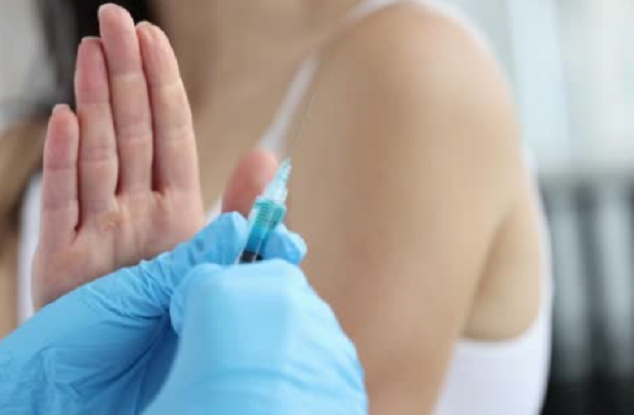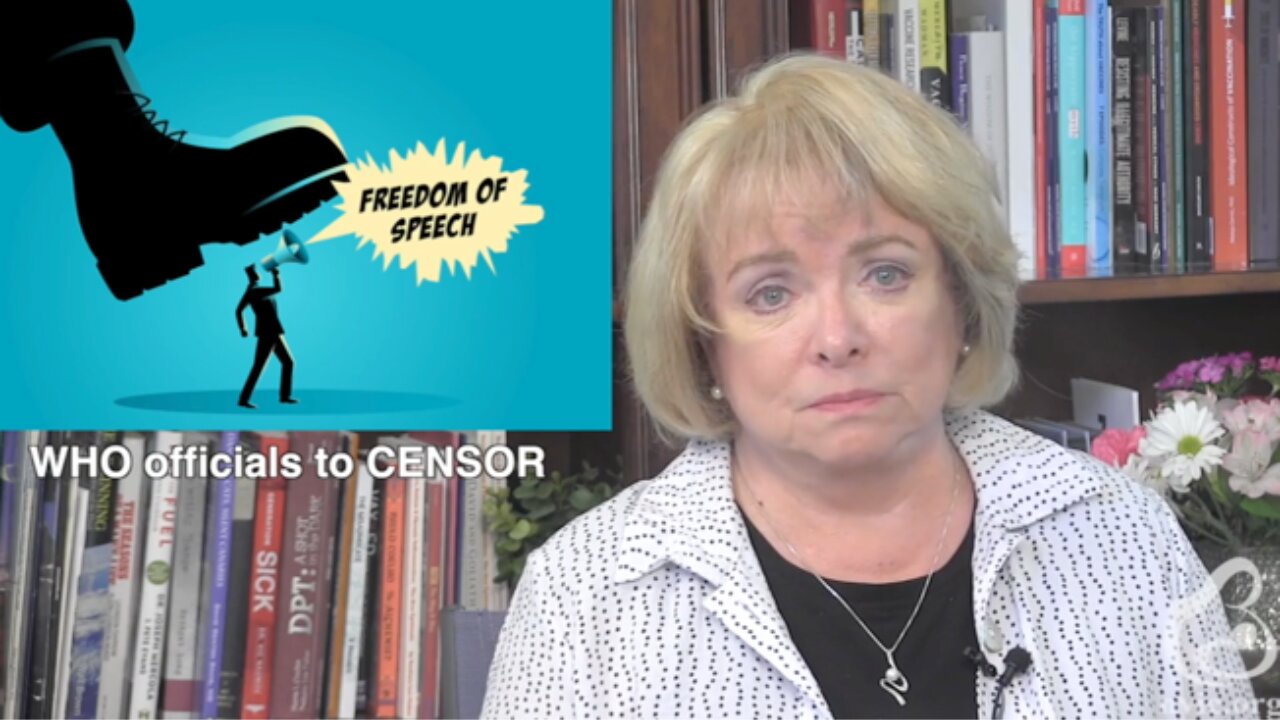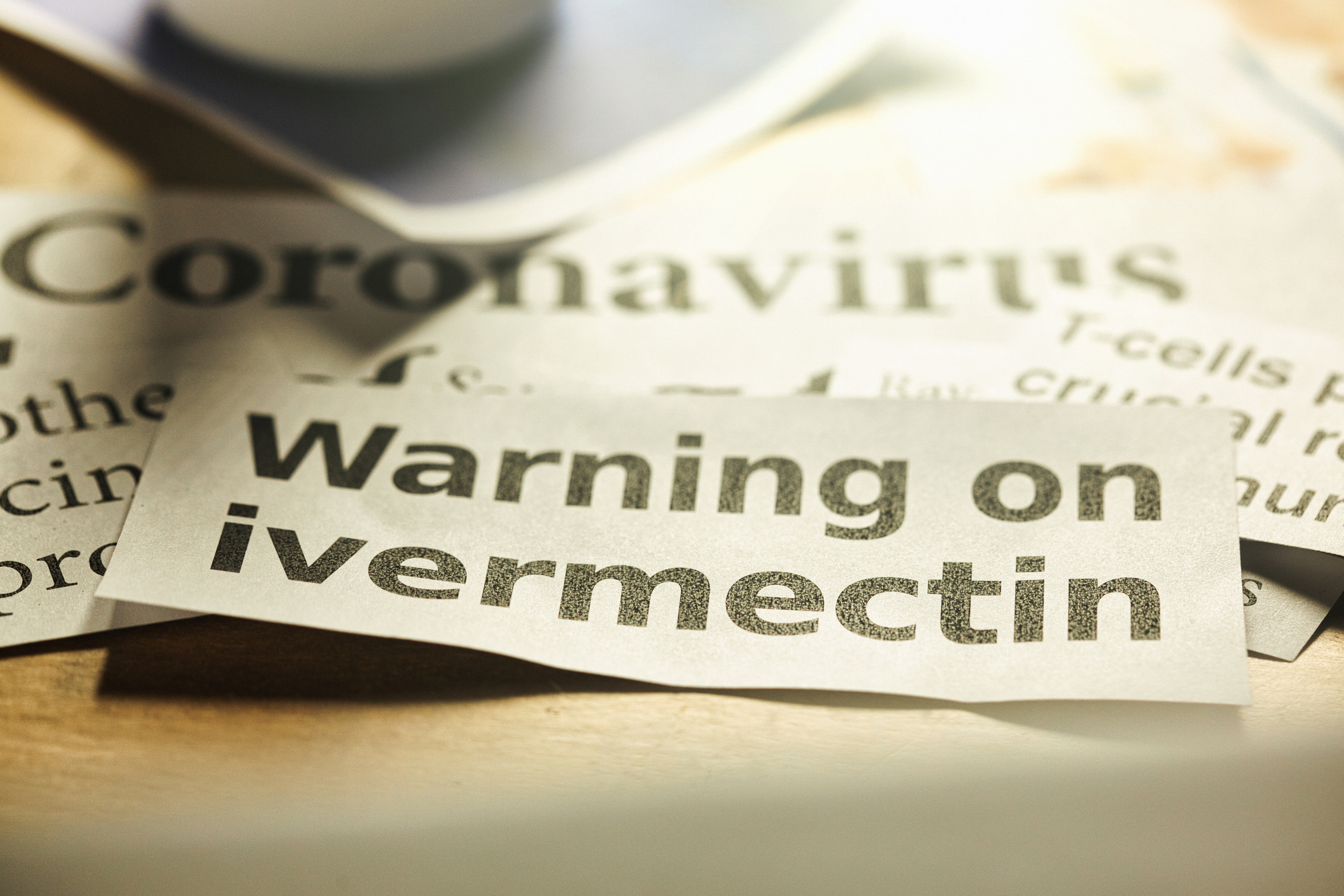A recent survey, which was conducted by the National Foundation for Infectious Diseases (NFID) to better understand the public’s attitudes and beliefs about influenza, COVID-19, respiratory syncytial virus (RSV) and pneumococcal disease, found that many adults in the United States are not concerned about these respiratory diseases. As a result, many Americans do not plan on getting COVD booster shots or influenza, RSV or pneumococcal vaccines because they do not have confidence in the safety and effectiveness of vaccines.1
Findings from the survey showed that, although 65 percent of Americans believe that influenza vaccine is the best preventive measure against influenza-related hospitalizations and deaths, 43 percent said that they do not plan to or are unsure they will get an annual flu shot this season. In addition, more than 20 percent of Americans who are at higher risk for flu-related complications said that they were not planning to get vaccinated this “flu season.”2
The top reason cited for not getting the flu shot include: 32 percent are concerned about potential adverse effects from the vaccine; 31 percent do not trust vaccines; 27 percent do not think vaccines work very well, and 27 percent are concerned about getting sick from vaccines.
Only 23 Percent of Americans are Extremely Concerned About COVID
The findings also revealed that only 23 percent of adults in the U.S. are “very” or “extremely” concerned about themselves or someone in their family getting infected with the SARS-CoV-2 virus, and only 40 percent plan to receive the updated monovalent COVID shots —of which almost 50 percent said it was because they were concerned about the adverse effects of the shots.3
Other reasons for not getting the monovalent COVID shots included: 34 percent do not trust vaccines; 28 percent do not think that vaccines work very well; 27 percent are concerned about getting sick from vaccines, and 13 percent do not think COVID is a serious illness.
Nearly Two-Thirds of Americans Concerned About Co-Administration of Influenza and COVID Shots
The findings of the survey found that 62 percent of Americans would not, or are unsure about getting influenza and COVID shots at the same time. The reasons cited for the reluctance include: 56 percent are concerned about the side effects from getting both shots at the same time; 37 percent do not think it is safe to get both at the same time; 21 percent have not been advised to get both at the same time, and 18 percent do not think the shots will work well if received at the same time.4
A 2022 study published in JAMA Network Open and published on the U.S. Centers for Disease Control and Prevention (CDC) website found that simultaneous administration of mRNA COVID shots and influenza vaccines may be associated with increased likelihood of systemic reactions.5
If you would like to receive an e-mail notice of the most recent articles published in The Vaccine Reaction each week, click here.
Click here to view References:1 National Foundation of Infectious Diseases. 2023 Attitudes About influenza, COVID-19, RSV and pneumococcal disease. Sept. 28, 2023.
2 Ibid.
3 Ibid.
4 Ibid.
5 Hause A et al. Reactogenicity of Simultaneous COVID-19 mRNA Booster and Influenza Vaccination in the US. JAMA Network Open 2022; 5(7).














6 Responses
Surprising news indeed. With the pharmaceutical industry’s track record for the past 100 years at least. It baffles me why some people refuse to look somewhere for good health and healing.
I meant to say I’m baffled why some folks don’t look outside the pharmaceutical industry for good health and healing.
It’s not about confidence any more, that ship has sailed. After the COVID genocide, their confidence level should be zero.
My husband and I are seniors. I have never gotten the shot and he did once and that was the only time he ever got the flu
Same here. Within days after receiving the flu vaccine, I got sicker than anything I had ever experienced before. I was 50y/o at the time; I am now 89 and relatively healthy, all things considered. Haven’t had but one vaccination since, [tetanus].
I’m one of them who isn’t planning to get Covid and influenza shots concurrently. I can’t trust the science of vaccines as well as safety and effectiveness.